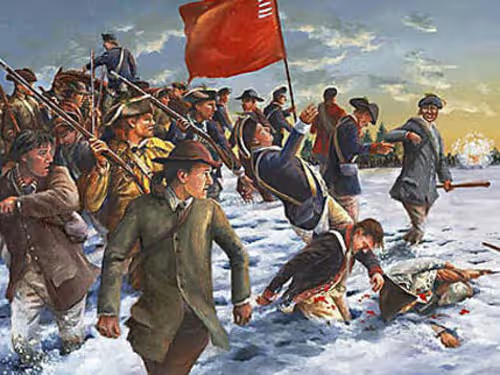
The Age of Exploration:
Starting at
$
10
About this service
Summary
What's included
The Age of Exploration:
The Age of Exploration, also known as the Age of Discovery, was a period from the early 15th century to the 17th century during which European powers embarked on voyages of exploration and colonization, seeking new trade routes, wealth, and territories. Several key factors contributed to the onset of this era: Technological Advances: Improvements in navigation technology, such as the invention of the compass, the astrolabe, and more accurate maps, enabled sailors to venture further into uncharted waters. Desire for Trade Routes: The search for new trade routes to Asia, particularly for valuable goods such as spices, silks, and precious metals, motivated explorers to seek alternative routes that bypassed the Ottoman Empire's control over existing land routes. Competition and Rivalry: European powers, including Spain, Portugal, England, France, and the Netherlands, competed with each other for wealth, power, and influence. This competition drove explorers to push the boundaries of known geography. Religious Zeal: Religious motivations, such as spreading Christianity and combating Islam, also played a significant role in driving exploration. The Catholic Church supported exploratory voyages and colonization efforts. Key events and expeditions during the Age of Exploration include: Portuguese Exploration: Led by explorers such as Vasco da Gama, who discovered a sea route to India around the southern tip of Africa in 1498, and Ferdinand Magellan, whose expedition circumnavigated the globe in 1519-1522. Spanish Conquest of the Americas: Christopher Columbus's voyages in 1492, sponsored by Spain, led to the European colonization of the Americas. Spanish conquistadors, including Hernán Cortés and Francisco Pizarro, explored and conquered vast territories in present-day Latin America. Treaty of Tordesillas: Signed in 1494 between Spain and Portugal, this treaty divided the newly discovered lands outside Europe between the two countries along a meridian 370 leagues west of the Cape Verde islands (off the west coast of Africa), establishing spheres of influence for each nation. English and Dutch Exploration: Explorers such as John Cabot (England) and Henry Hudson (Netherlands) explored North America's coasts in search of the Northwest Passage, a hypothetical sea route through North America to Asia. The Age of Exploration had profound and lasting impacts on global history, leading to cultural exchange, the spread of diseases, the establishment of colonial empires, and the interconnectedness of the world through trade and commerce.

